Cohort 2
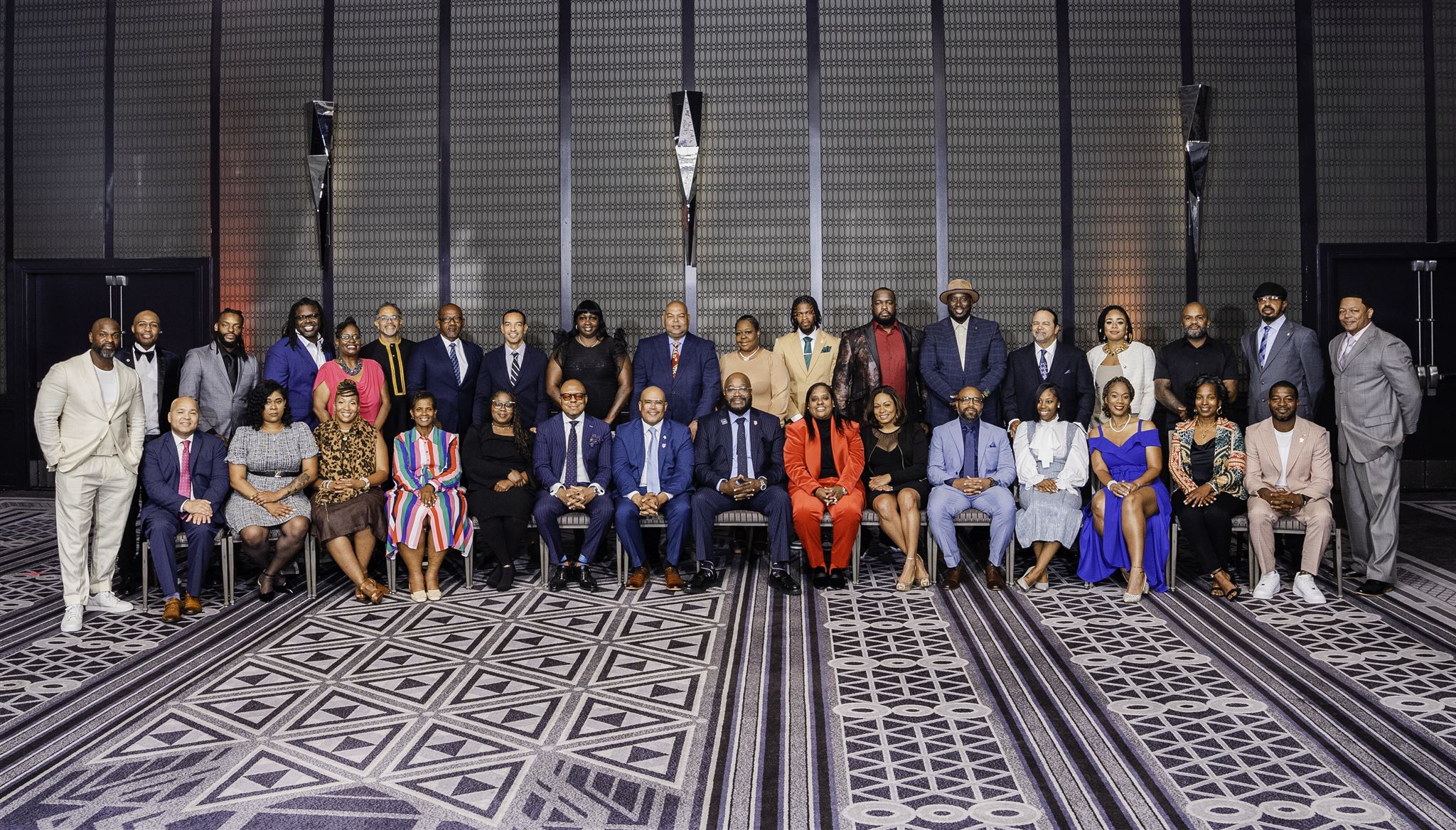
The second cohort of the CVILA is composed of 31 community violence intervention leaders representing 20 localities, which accounted for about 13% of homicides in the U.S. in 2022.
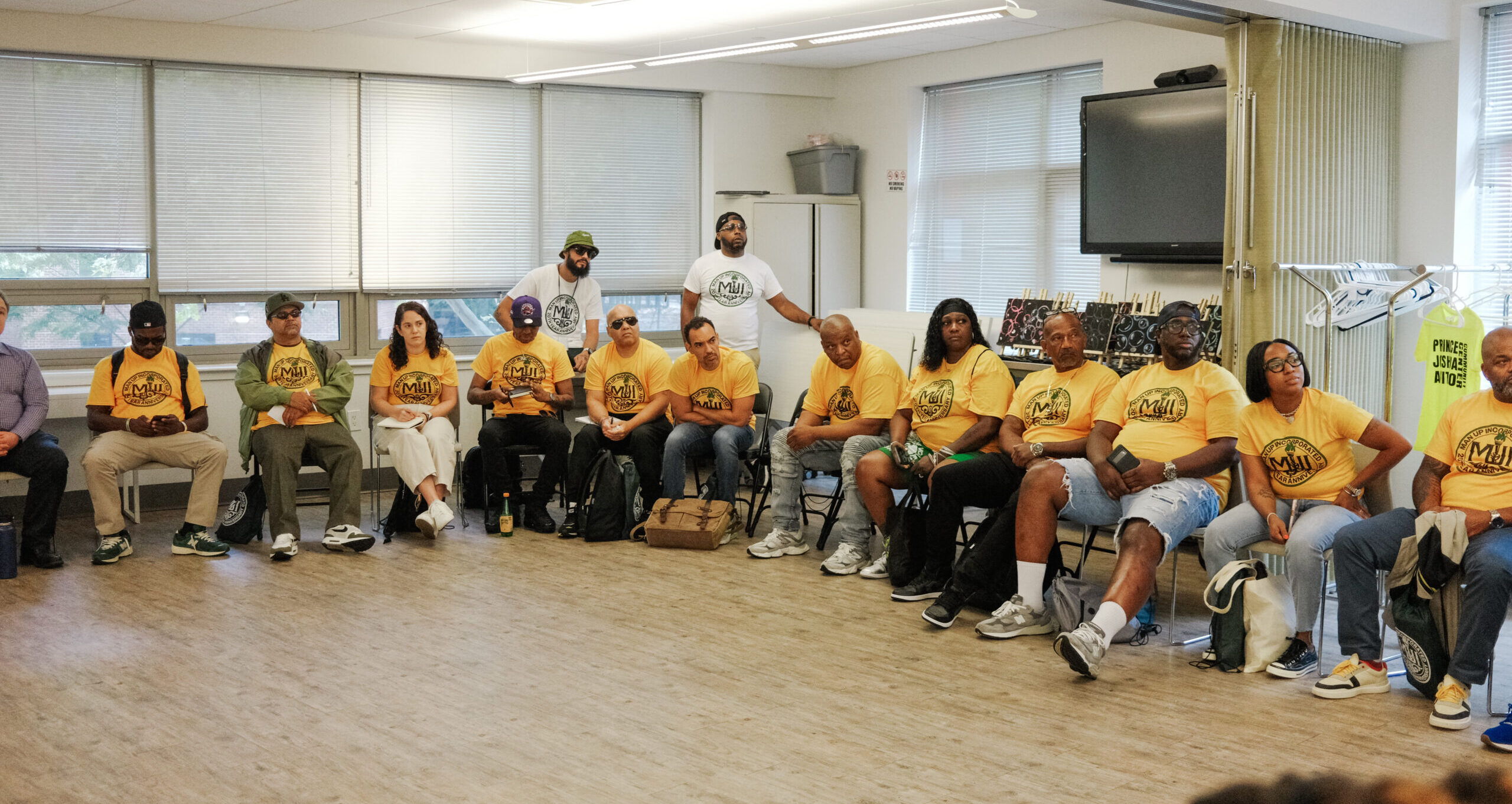
CVI Leadership Academy Graduation of Second Cohort
On Friday, September 20th, the Crime Lab hosted the graduation of the second cohort of the CVI Leadership Academy in Los Angeles, CA.
Participating Localities
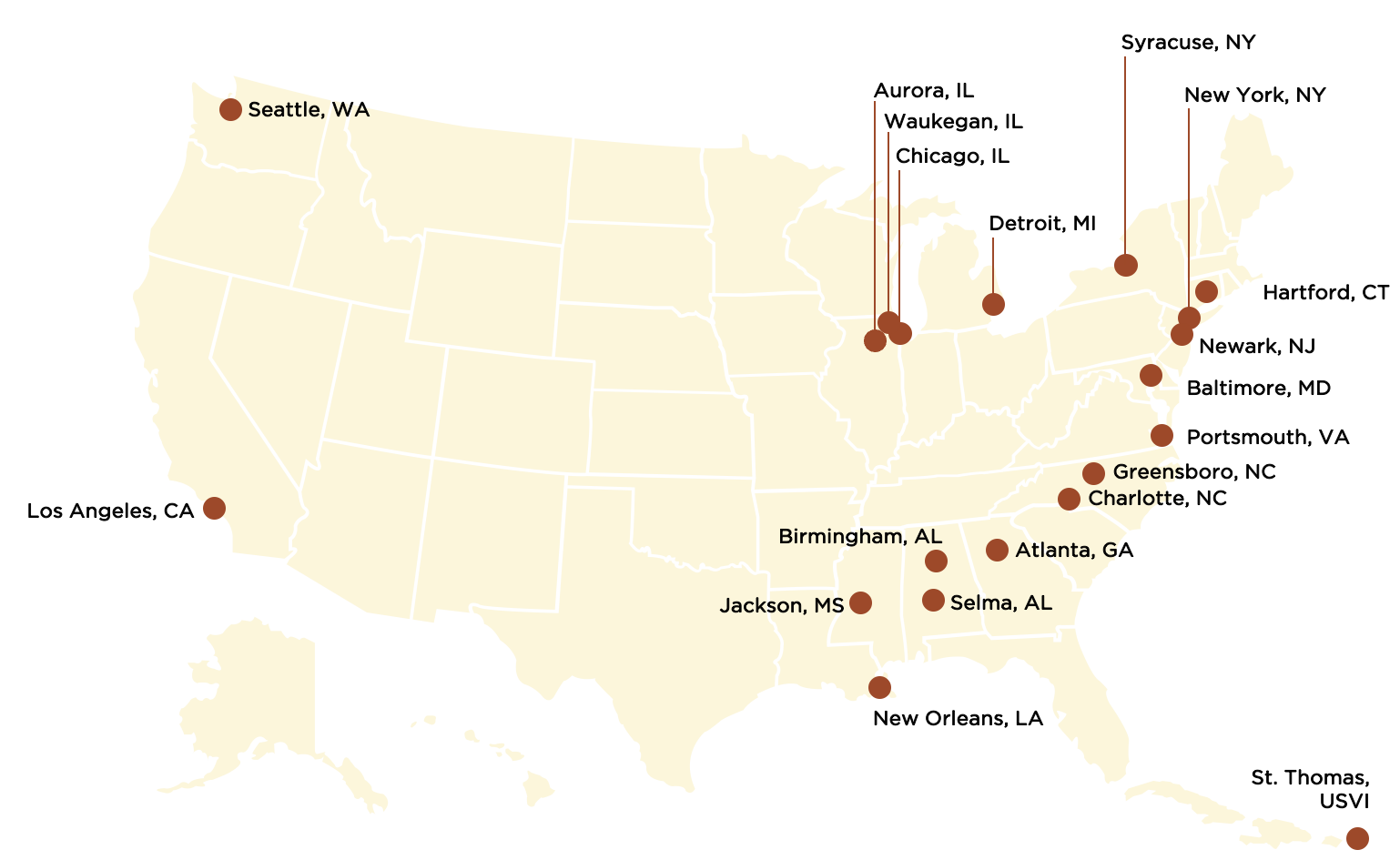
Hear from Cohort 2 participants about their experience in the CVI Leadership Academy.
View a compilation of video messages congratulating the graduates of the second cohort.
Innovation Fund Grantees
Each student designed a capstone project related to the development of a gun violence reduction program or innovation. Each project was created with feedback from a team of advisors, and students defended their work before a panel to complete the program.
An “innovation fund” created by the University of Chicago and the Annie E. Casey Foundation granted 10 exceptional projects seed funding for additional consultation, implementation or evaluation:
- Danny Allen – New Orleans, LA: Relocation Assistance for Shooting Survivors seeks to connect and activate an inter-city CVI network where violence interruption programs exchange participants across cities within the network to help shooting survivors relocate to mediate the immediate threat to their life but also to connect them to services and supports that enable a person to thrive.
- Shadee Dukes – Newark, NJ: Youth Car Theft Prevention aims to tackle the recent rise in motor vehicle thefts among Newark’s youth by introducing programs that channel thrill-seeking behavior into positive outlets. The intervention will initially engage young people through go-kart racing, followed by individualized holistic support to provide healthier alternatives and reduce instances of carjacking.
- Nekenya Hardy – Chicago, IL: Reducing Recidivism through Workforce Development addresses recidivism and violence in Chicago’s Austin neighborhood by offering young Black men CDL certification, job readiness training, and entrepreneurship support, helping them secure stable careers and reduce reliance on street activity.
- Rev. Philip “Phil” Jackson – Chicago, IL: Urban Sankofa Rite of Passage Journey aims to reduce youth violence by dismantling and reversing the mindsets shaped by systemic violence through an 8–9-month program that includes weekly mentoring sessions, therapy through psycho-drama, understanding maturity milestones, community service, and self-exploration through the lens of both U.S. and African history, culminating in a 30-day journey to Ghana, West Africa.
- Justin Napper – Brooklyn, NY: Culturally Relevant Mental Health Supports for Black Men aims to tackle mental health challenges in Brooklyn, NY by addressing key gaps in existing services. While several organizations are working on this issue, there is a lack of culturally relevant care, outreach to those most in need, and access for the uninsured. This initiative will create culturally sensitive, stigma-reducing communications and language to promote the adoption of a holistic approach to mental health among Black men.
- Ben “Taco” Owens – Los Angeles, CA: Beautification to Belonging will leverage CVI professionals to facilitate neighborhood beautification and revitalization efforts. The result of such efforts would include increased neighborhood pride and cohesion and changed perceptions of CVI professionals.
- Johnny Page – Chicago, IL: CVI Frontline Worker Wellbeing aims to address the lack of healing-centered training and support for frontline staff in CVI organizations, who are often exposed to high levels of trauma. By implementing a trauma-informed training program, the project seeks to enhance staff resilience, improve care quality, and promote organizational stability.
- Nikesha Tilton – Selma, Alabama: Alabama PeaceLINK proposes building a statewide data infrastructure to address the lack of standardization in data collection and reporting, the lack of centralized data management, and the limited access to real-time public safety data across the state.
- Fredrick “Gino” Womack – Jackson, MS: Strengthening Families Through LifeSkills Training addresses the rise in violent crime among youth in Jackson, Mississippi, by focusing on supporting single parents, particularly mothers, who face systemic oppression. By providing mediation, mentorship, and life skill training for both parents and children, the initiative aims to create accountability and foster long-term stability. The goal is to reduce violence and alleviate poverty through tailored job fairs, financial literacy, and individualized support.
- Tony Woods – Chicago, IL: Integrated Wellness Programs for CVI Staff aims to develop an integrated staff wellness program that emphasizes the importance of incorporating evidence-based medical, therapeutic, and nutritional practices to support the well-being of CVI staff. By fostering a culture of brain health and holistic wellness, the program aims to enhance staff resilience, improving their effectiveness and contributing to broader community healing and safety. This comprehensive approach ensures that CVI staff are not just coping, but thriving, which ultimately benefits the communities they serve.
Professional development support was also awarded to:
- Tracie Campbell – Charlotte, NC: Mental Health Needs for Youth Exposed to Violence, piloted by Mecklenburg County’s Public Health Department, proposes to address the mental health needs of youth exposed to violence. The project provides trauma-informed support to children and school personnel, helping to mitigate the negative effects of violence and improve overall well-being.
- Tierra Lemon – Lake County, IL: Holistic Supports for Frontline Workers addresses the lack of awareness and access to holistic healing support for frontline CVI professionals. By focusing on reducing stigma, improving organizational support, and increasing access to mental health and wellness resources, the project aims to enhance the well-being of frontline staff, enabling them to better serve their communities.
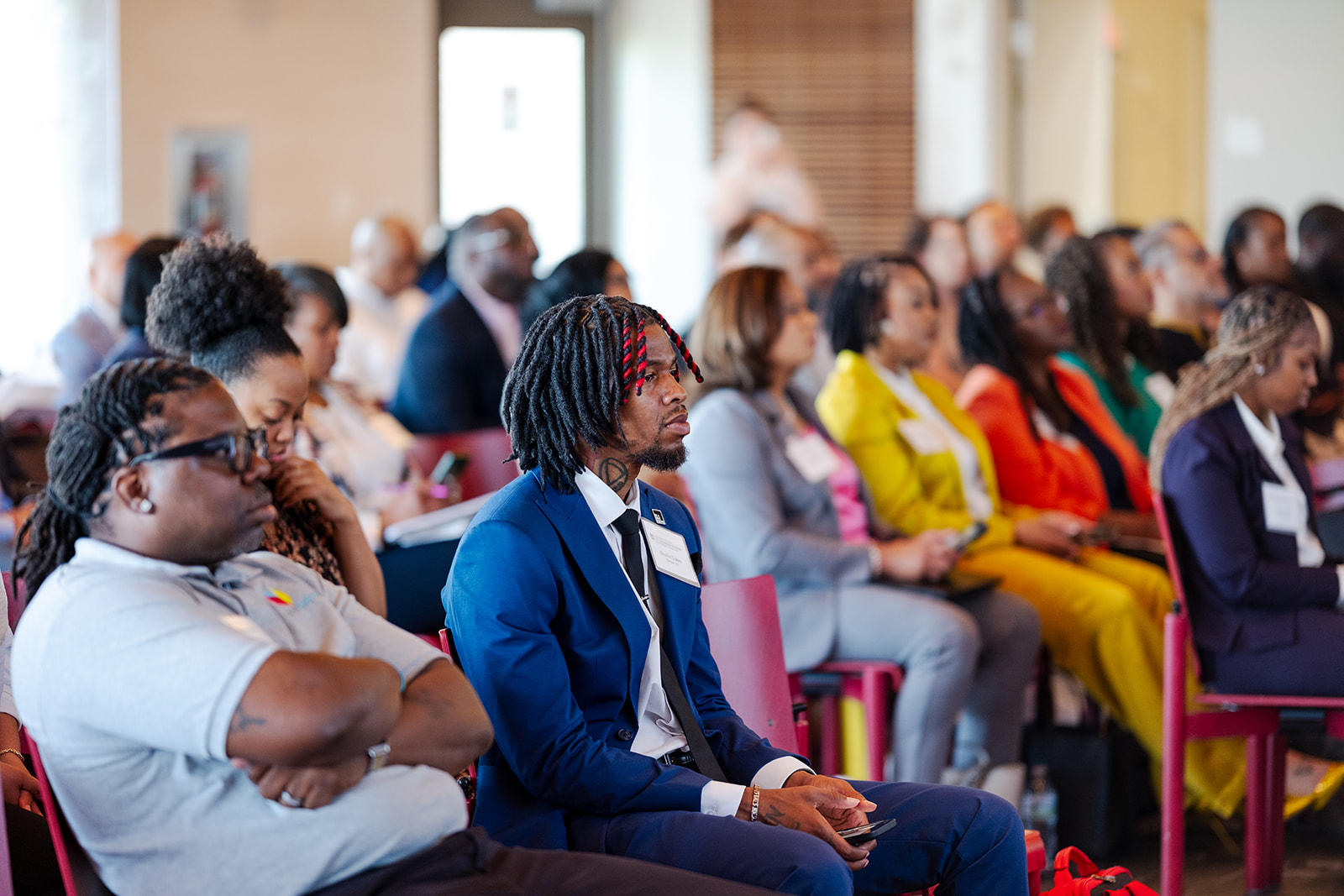
CVILA second cohort in New York City – July 2024
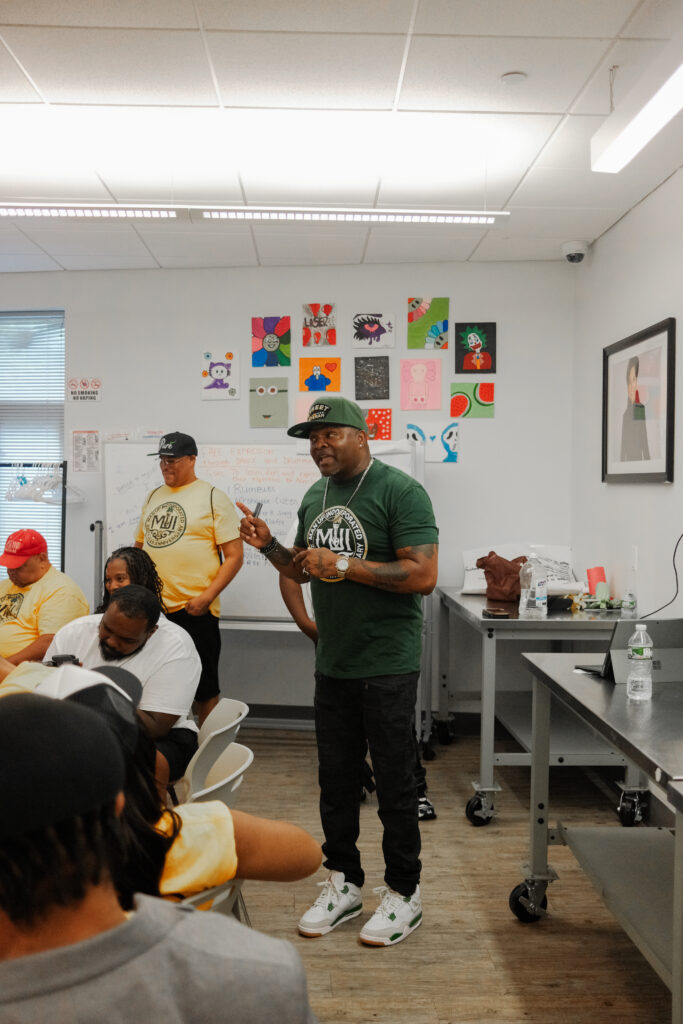
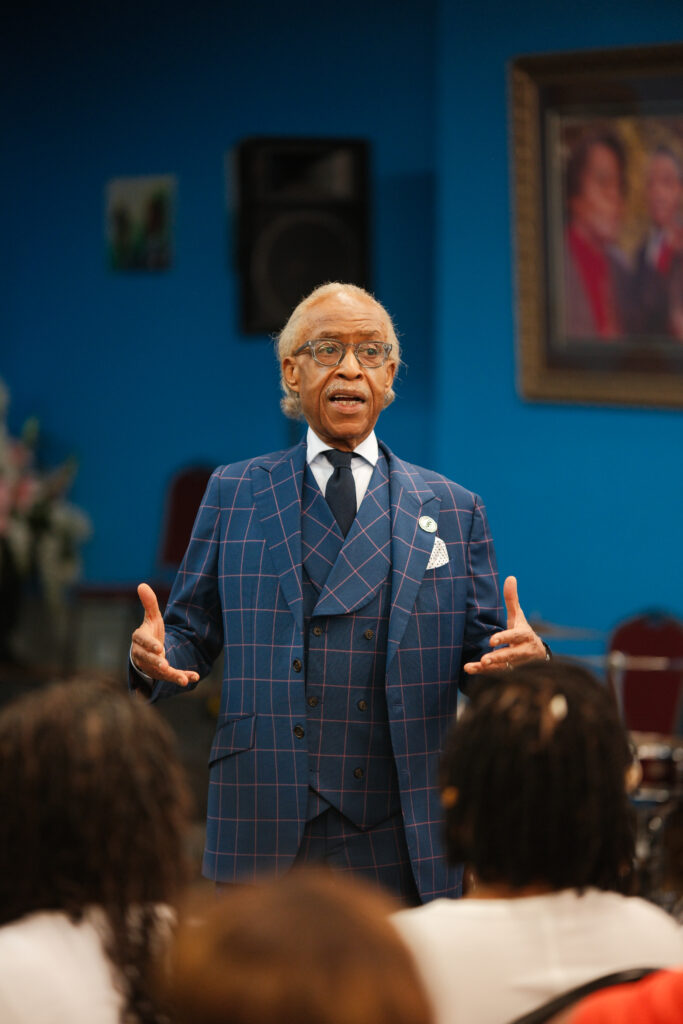
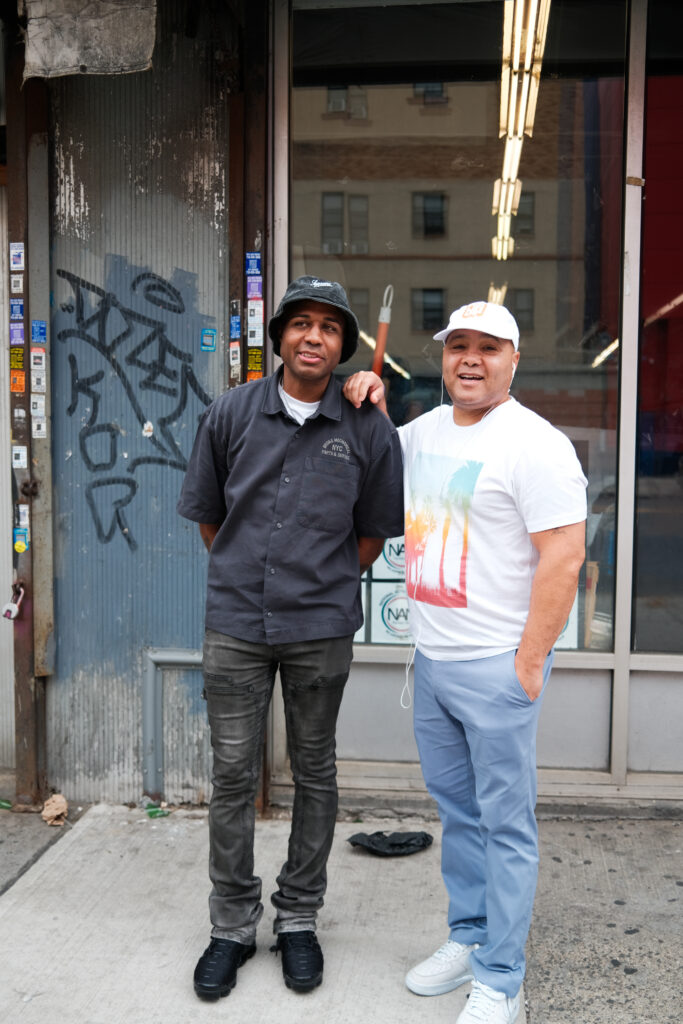
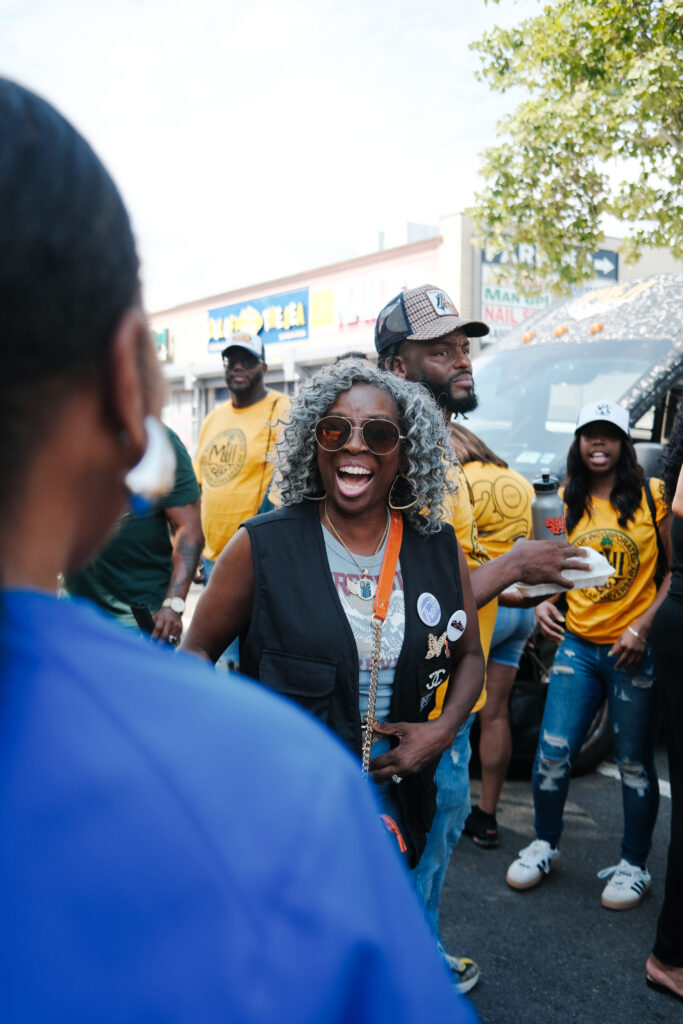
Introducing the second CVILA Cohort
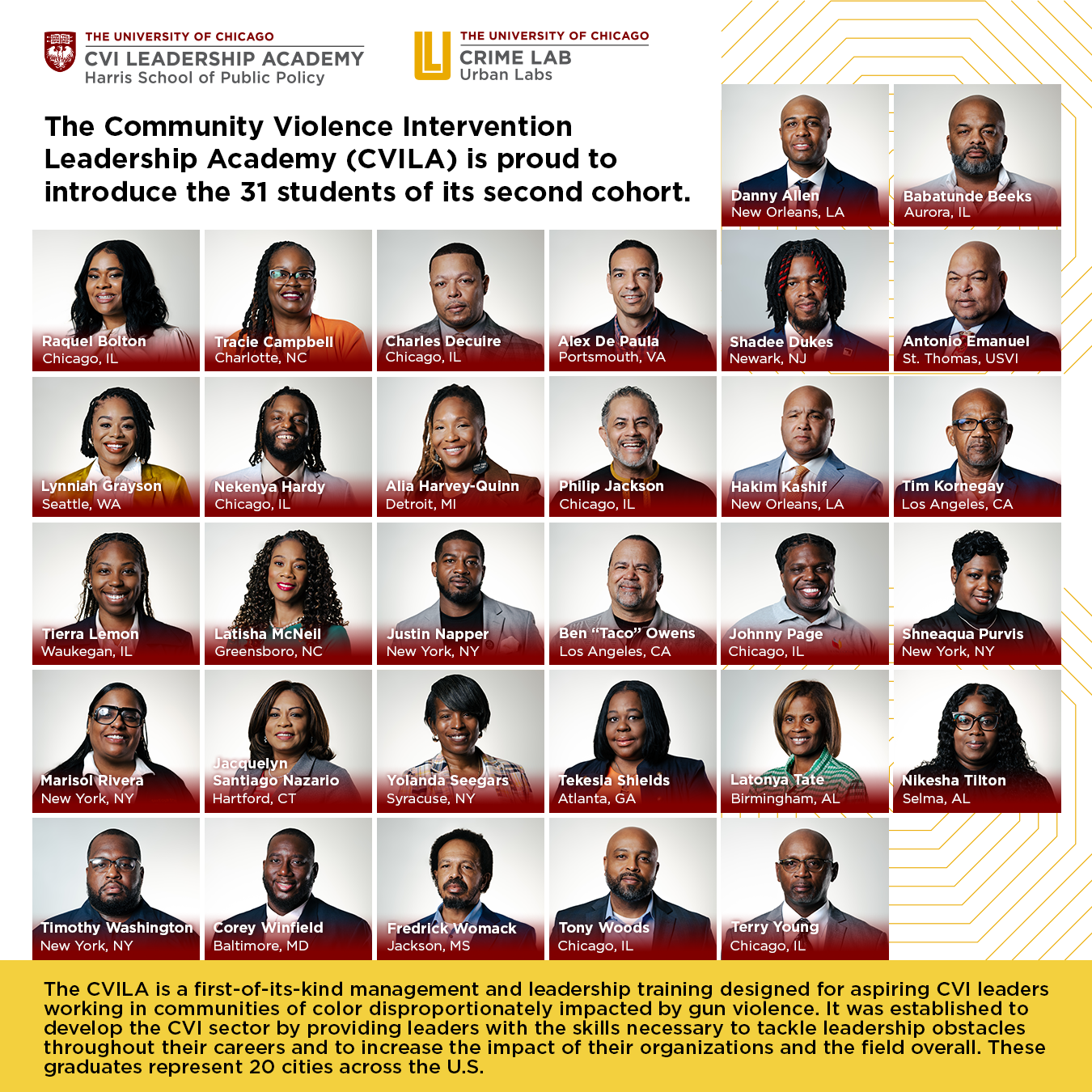
Latest Updates
Safer Communities: Are We Making Progress on Gun Violence?
The Source speaks with Antonio Emanuel, a graduate of the Crime Lab’s Community Violence Intervention Leadership Academy, about the violence prevention challenges in the Virgin Islands.

Lake County GVPI director graduates from University of Chicago Crime Lab’s leadership academy
The Lake County Gazette features the work of Tierra Lemon, Director of the Lake County State’s Attorney’s Office Gun Violence Prevention Initiative and recent graduate of the University of Chicago Crime Lab’s Community Violence Intervention Leadership Academy.

A New Way To Address Gun Violence You’ve Never Heard Of
Former Chief of the Los Angeles Police Department Charlie Beck, Crime Lab Faculty Director Jens Ludwig, and CVILA Executive Director Dr. Chico Tillmon penned this Newsweek op-ed on the importance of raising awareness about community violence interventions and how they can be used to continue the gun violence reduction trends we saw in 2023.

